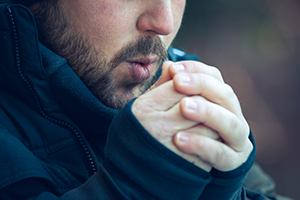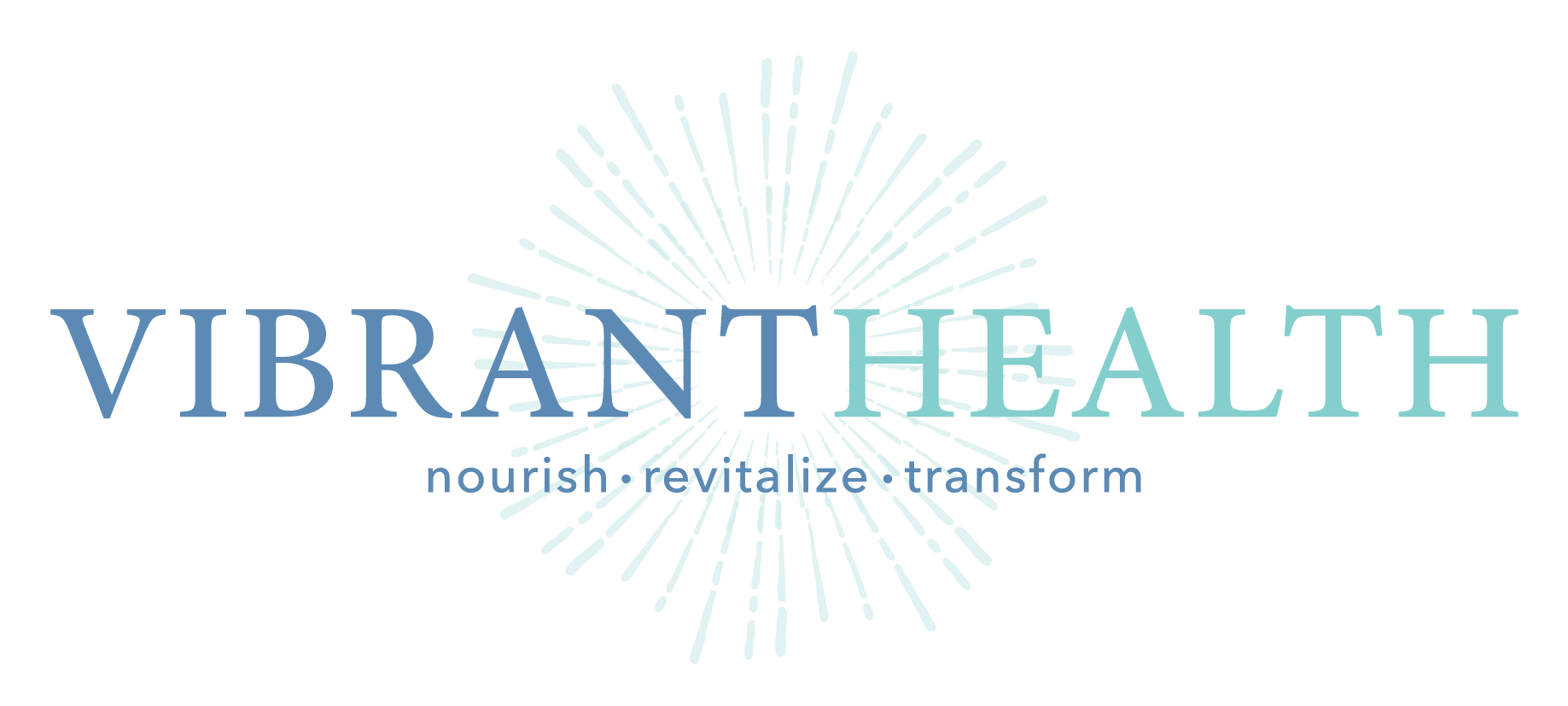Raynaud’s Syndrome Treatment in Newington, NH

If cold temperatures or emotional stress causes numbness or stinging pain in your fingers, toes, nose, lips, nipples, or ears you may have Raynaud’s syndrome. This vein (vascular) disease occurs when blood vessels suddenly constrict, reducing blood flow – a phenomenon known as vasospasm.
While the arteries in everyone’s extremities narrow somewhat to conserve heat in cold environments, Raynaud’s syndrome patients suffer narrowing so extreme that blood can’t reach affected areas, causing numbness, pain, or discoloration. While there is no cure, symptoms of Raynaud’s syndrome can be managed with protective measures and medication. To learn more about Raynaud’s syndrome treatment in Newington, NH, call (207) 536-9661 or contact Vibrant Health Naturopathic Medical Center online!
Symptoms of Raynaud’s Syndrome
Insufficient oxygen in the tissues (hypoxia) triggers Raynaud’s symptoms, which vary depending on severity, duration, and vasospasm frequency. They include:
- Cold fingers or toes
- Skin color changes (first to white, then to blue)
- Numbness
- Flushing, swelling, tingling, throbbing or stinging pain when the arteries re-open
Though a Raynaud’s episode can last anywhere from one minute to several hours, the average duration is about 15 minutes. It can affect your extremities in isolated areas, so sometimes symptoms present in only one or two fingers or toes. Although very rare, complications of severe secondary Raynaud's can lead to skin sores, decay, or even death of body tissues (gangrene).
Causes of Raynaud’s Syndrome
There are two types of Raynaud's disease:
- Primary Raynaud's: This most common type, also known as Raynaud’s disease, is often mild and tends to resolve on its own. Causes are unknown.
- Secondary Raynaud's: Also known as Raynaud’s phenomenon, this form is caused by an underlying condition. It is less common than primary Raynaud’s but tends to be more serious.
Women tend to suffer from primary Raynaud's more than men do. Other risk factors of primary Raynaud's include:
- Being between 15-30 years of age
- Being in a colder climate
- Having a close blood relative with primary Raynaud's
Underlying conditions that may increase your risk of developing secondary Raynaud's include:
- Connective tissue diseases like lupus, rheumatoid arthritis, and Sjogren's syndrome
- Diseases that affect the arteries, like atherosclerosis or primary pulmonary hypertension
- Thyroid problems
- Carpal tunnel syndrome
Secondary Raynaud’s can develop from hand or foot injuries caused by repetitive actions (playing the piano) or vibrating tools (operating a jackhammer). Surgical procedures on these and other body parts can also lead to the disease, as can bone fractures and frostbite.
Secondary Raynaud’s can also be caused by certain medications like:
- Beta blockers used to treat high blood pressure
- Migraine medications that contain ergotamine or sumatriptan
- Attention-deficit/hyperactivity disorder medications
- Birth control pills that affect blood flow
- Certain chemotherapy drugs, most notably cisplatin and bleomycin
- Certain over-the-counter cold medications that cause the arteries to constrict
Exposure to certain chemicals like nicotine in cigarettes have also been linked to Raynaud’s symptoms.
Raynaud’s Syndrome Diagnosis
To diagnose Raynaud's, your doctor may examine your extremities and discuss the severity, frequency, and timing of your symptoms. The cold stimulation test will expose your hands to ice water while a device measures how quickly your hands return to their base temperature. During a nailfold capillaroscopy your healthcare professional will apply oil to the base of your fingernail to detect abnormal tiny blood vessels (capillaries) on your nail bed with a microscope.
Blood tests that can diagnose secondary Raynaud’s syndrome include those that detect:
- Antinuclear antibodies (ANA), which may indicate the presence of an autoimmune disorder
- Erythrocyte sedimentation rate (ESR), which measures how quickly red blood cells settle to the bottom of a tube (an above normal rate may indicate the presence of an inflammatory or autoimmune disease)
Raynaud’s Syndrome Treatment
While there is no cure for Raynaud's syndrome, treatment requires managing symptoms. To prevent vasospasm, patients must protect their fingers and toes from cold and trauma, preventing tissue damage, and treat underlying conditions.
You can treat minor symptoms by:
- Moving to a warmer area, or avoiding stressful situations
- Placing your hands under your armpits
- Soaking your extremities in warm—not hot—water
- Wiggling or massaging your fingers and toes
- Moving your arms in circles or shaking your arms or feet
- Practicing relaxation techniques
Patients with persistent Raynaud's symptoms are prescribed blood vessel-dialating medications, such as calcium channel blockers (nifedipine or felodipine), or vasodilators (losartan and sildenafil). In more severe cases, surgery may be required to remove the sympathetic nerves that control the constriction of hand and foot arteries. Certain chemicals like onabotulinum toxin type A (Botox) can be injected into your hands and feet to block sympathetic nerves. In very rare cases where secondary Raynaud's causes tissue damage, treatment may include surgery to remove damaged tissue, and in extreme cases, the affected toe or finger may need to be removed.
To help prevent Raynaud's symptoms:
- Avoid smoke and smoking
- Exercise regularly
- Avoid tight wristbands and rings
- Avoid rapidly-fluctuating temperatures
- Dress appropriately when traveling through cold weather or climates
- Heat your environment (car, home, office) sufficiently
- Wear mittens or socks to bed and when opening your refrigerator
Request Your Appointment Today!
While Raynaud's syndrome is unpleasant, it’s rarely serious. If you’re concerned with how frequently your hands or feet get cold or numb, take advantage of the treatment options near you. To make an appointment with a Raynaud's syndrome specialist in Newington, NH, call (207) 536-9661 or contact Vibrant Health Naturopathic Medical Center online!
Vibrant Health Naturopathic Medical Center
Address
3 Riverside DriveGreenland, NH 03840
(207) 536-9661
www.vibranthealthnaturalmedicine.com
Hours
Mon:
8:30 am - 5:00 pm
Tue:
9:00 am - 5:00 pm
Wed:
10:30 am - 5:00 pm
Thu:
9:00 am - 5:00 pm
Fri:
10:00 am - 4:00 pm
Sat:
Closed
Sun:
Closed

